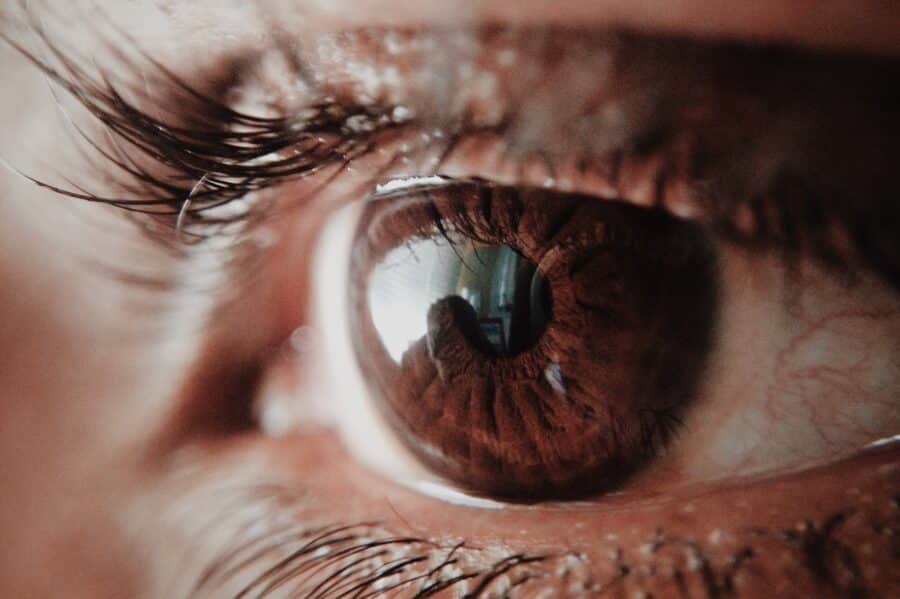In the realm of health and wellness, vision often takes a back seat until problems arise. Yet, taking proactive steps in eye care can substantially mitigate the risk of common eye conditions that afflict millions worldwide. Engaging with this provider among others can open your eyes (pun intended) to the critical aspects of maintaining optimal eye health. From incorporating specific nutrients into your diet to understanding the impact of daily habits, these measures are essential for lifelong vision quality.
The fundamentals of maintaining eye health
Starting with the basics, regular eye exams stand as the cornerstone of preventing eye conditions. These check-ups can catch potential issues early on, making treatments more effective and less invasive. Beyond the doctor’s office, your lifestyle choices play an equally pivotal role. Nutrition rich in vitamins C and E, omega-3 fatty acids and zinc contributes to eye health, warding off age-related issues. Meanwhile, shielding your eyes from harmful UV rays with sunglasses is not just a summer practice but a year-round necessity for protecting against conditions like cataracts and macular degeneration.
To embellish upon the essentials of eye health, it's imperative to highlight the significance of protecting your eyes in work and play environments. Whether you're an avid reader, a craft enthusiast or engaged in other close work tasks, ensuring adequate lighting to reduce strain is critical. Moreover, sporting protective eyewear in potentially hazardous settings, such as workshops or sports fields, can help prevent traumatic injuries that could compromise your vision. Embracing these practical measures can greatly enhance the fortitude of your eye health.
Combating digital eye strain
In the digital age, screens are omnipresent, leading to an uptick in digital eye strain symptoms. To alleviate these effects, adopting habits such as the 20-20-20 rule—taking a 20-second break to view something 20 feet away every 20 minutes—can provide significant relief. Moreover, considering protective eyewear, such as anti-reflective or blue light-blocking lenses, can safeguard your eyes from the harsh emissions of digital devices. Reducing overall screen time, though challenging, remains a crucial step toward mitigating digital eye strain and maintaining visual health.
Preventing common eye conditions
Cataracts, glaucoma and age-related macular degeneration (AMD) represent some of the most common eye afflictions. While genetics play a role in these conditions, lifestyle choices can influence their onset and severity. For instance, UV-blocking eyewear can delay cataract development, while a diet rich in leafy greens and fish can decrease AMD risk. Awareness and regular checks for glaucoma, especially if you have a family history, are essential for early detection and treatment, preserving your sight for years to come.
Navigating eye health through the ages
Vision inevitably changes as age progresses, requiring adjustments in eye care routines. For seniors, more frequent exams are vital for catching age-related conditions early. Nutritional supplements, such as lutein and zeaxanthin, may benefit aging eyes, alongside staying hydrated to maintain eye moisture. Additionally, the correlation between chronic health issues like diabetes and eye health underscores the importance of holistic health management in preserving vision.
The role of lifestyle in eye health
Finally, daily choices have a profound effect on eye health. Smoking, for example, significantly increases the risk of developing cataracts and AMD. On the flip side, engaging in regular physical activity can enhance circulation, including to the eyes, promoting overall eye health. Moreover, simple acts like staying well-hydrated are critical in preventing dry eye syndrome, illustrating how interconnected lifestyle choices are with vision well-being.
Understanding and implementing these eye care strategies can make all the difference in avoiding common eye conditions. By being proactive about eye health today, one paves the way for clearer, healthier vision that can last a lifetime. Engaging with a provider, amidst daily efforts, can equip you with the necessary knowledge and tools to protect your precious sight.

